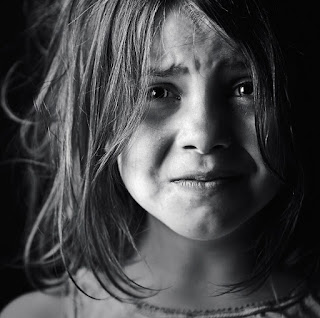Before you read this, I must tell you that this may be triggering to abuse survivors. This includes mention of manipulation, physical abuse, and much more. Viewer discretion is advised.
But first, what is a pathological liar? A pathological liar is one who lies impulsively and without the thought of consequence. Often, pathological liars will lie when there serves n benefit to themselves.
Many victims of child abuse may have been told to lie. Like a brother telling his sibling that he should tell their guardian that the bruises were from karate class. Another example would be a father telling the child lies about his ex-wife. Many times, though not all, pathological liars have grown up in a toxic environment.
Now that the child has grown up and perhaps distanced themselves from their toxic environment-the lying has become a habit and a form of defense.
It's no secret that pathological lying is linked to personality disorders, neuropsychological problems, and impulse problems.
If you are a pathological liar born from trauma, I encourage you to seek help and treatment. There are others going through the same problems you face and recovery is possible.
And to people that aren't pathological liars, please stay emphatic. That isn't to say that if someone is toxic, you must stay with them. I only ask that you educate others and yourself about the symptoms of illnesses that you might not be comfortable with.
Sources
Http://facebook.com/Facebook.com/davidhosiermsc. "Pathological Lying : Its Link To Childhood Trauma." Child Abuse, Trauma and Recovery. David Hosier, 15 Aug. 2016. Web. 27 Nov. 2016.




Hello
ReplyDelete